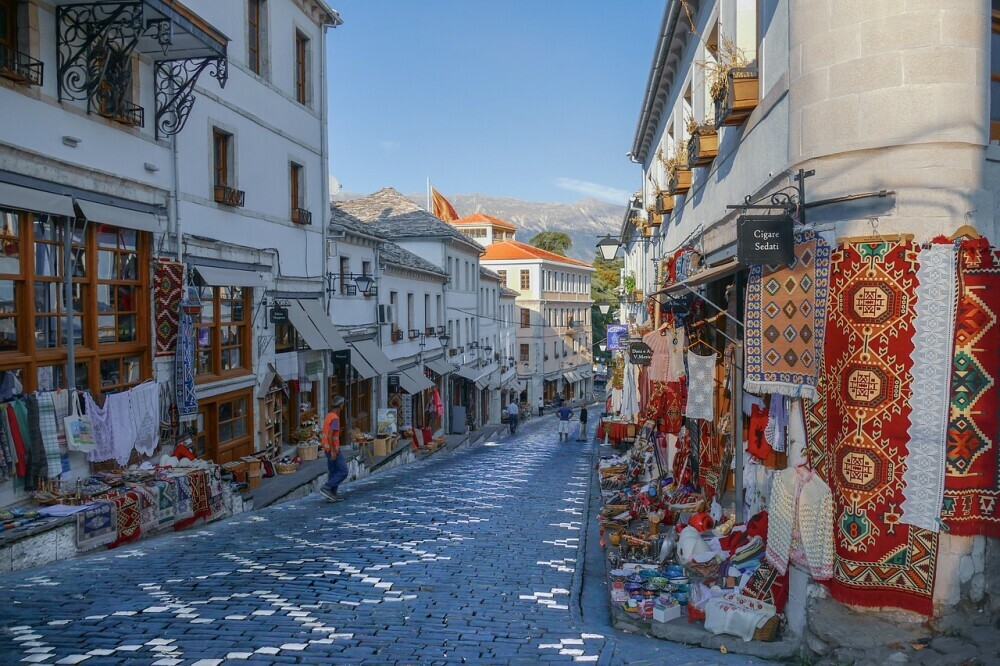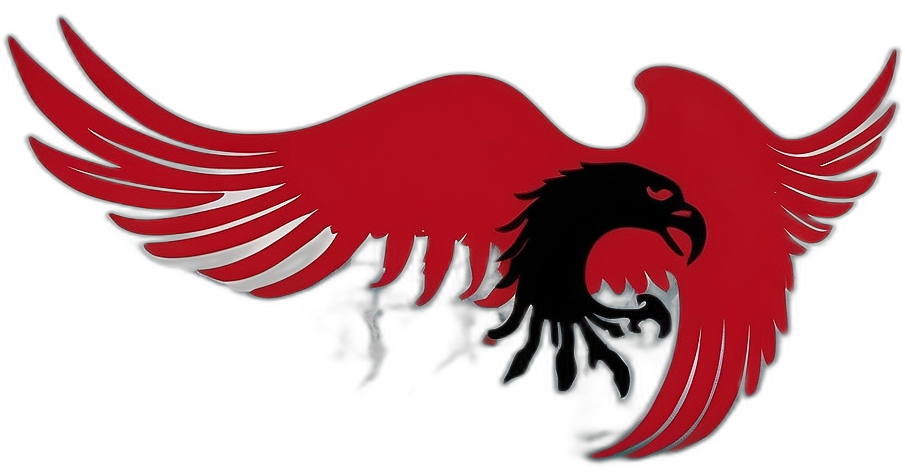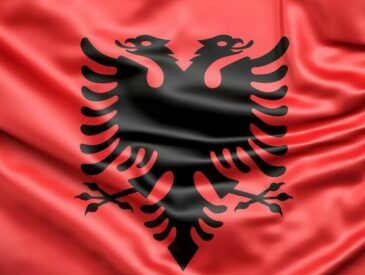
Have you ever wondered if there’s a place where Old World charm blends seamlessly with vibrant traditions? Guess what? There is. Nestled in the heart of the Balkans, Albania is a hidden gem where traditions and customs are not just remnants of the past, but living, breathing aspects of everyday life. I’m going to take you on a journey through the rich cultural identity of this fascinating country, unlocking the secrets of its enduring customs.
In Albania, traditions are the threads that weave together the fabric of society, preserving the Albanian heritage against the backdrop of history’s tapestry. This isn’t just about festivals and rituals; it’s also about understanding how these practices shape the Albanian way of life. From the Code of Lekë Dukagjini, a set of traditional laws, to the vibrant folk art that dots the countryside, each custom is a window into the soul of this nation.
As you delve into Albania’s colorful traditions, you’re going to find out about a blending of influences that have shaped its culture. Illyrian, Greek, Roman, and Ottoman heritages merge, creating a unique cultural mosaic. Today, I’m going to be talking about how these ancient traditions continue to dazzle locals and visitors alike, setting the stage for a diverse celebration of life’s milestones that I’ll cover next.
Life’s Celebrations: Albanian Festivities and Family Customs
In Albania, the warmth of its people shines through their communal approach to life, especially evident in the way they honor family and celebrate life’s milestones. Family isn’t just important; it’s the cornerstone of the societal structure, shaping how Albanians mark their most cherished moments.
Albanian celebrations are a vivid tapestry of culture and joy, infused with tradition at every turn. Weddings, for instance, are grand affairs that can last several days, replete with ancient rituals, such as ‘nuse’, where the bride symbolically transitions to her new family, and ‘dowry’, reflecting deep-rooted values of honor and familial bonds.
Births are greeted with equal fanfare. Traditional customs, like choosing a name that resonates with family heritage or holding celebratory community feasts, are common. Name days, too, are feted, often taking precedence over birthdays given their connection to the deeply rooted Orthodox Christian beliefs present in many Albanian communities.
But it’s not just personal milestones that draw the community together. Seasonal festivals, like the Summer Festival in mid-March, welcome the new season with folk music, dance, and the renewal of communal ties. Each festival has its historical roots, many tracing back to ancient Illyrian times, and they serve as a bridge connecting past to present.
Transitioning smoothly from family to the broader community, Albanian traditions speak to a rich history that remains alive in music, dance, and dress. These elements not only provide continuity in a rapidly changing world but also foster a sense of identity and belonging, which we’re going to explore next.
Cultural Embodiment: Albanian Music, Dance, and Dress
Picture this: a village feast with the vibrant sound of the \’çifteli\’ and \’lahutë\’ filling the air, as locals dressed in colorful \’xhubleta\’ whirl in a traditional dance. This is the essence of Albanian music, dance, and dress, key elements that showcase Albania’s unique cultural identity.
Albanian folk music is a gateway to the country’s soul, with each region having its distinct sound and style. Instruments like the \’çifteli\’, a long-necked string instrument, and the \’lahutë\’, a type of lute, are not just tools for entertainment; they’re storytellers of generations, symbolizing resistance and resilience.
Dance is a cornerstone of social life, with every Albanian knowing at least a few traditional steps. Dances such as the \’valle\’ bring communities together, transcending language barriers and connecting hearts through rhythmic movement. Uniting not only locals but Albanians across the globe, dance acts as a cultural ambassador.
Albania’s regional costumes, or \’folk dress\’, offer a visual feast of the country’s history. Each costume tells a story with its intricate embroidery and symbolism. For instance, the \’xhubleta\’, a bell-shaped dress, is a sartorial relic from the Illyrian era, echoing tales of a time long past.
In the next section, we’ll savor the flavors of traditional Albanian cuisine. The local fare is just as rich in history as the music and dance, with recipes handed down through the ages and dishes that are a testament to Albania’s geographical and historical tapestry.
Albanian Cuisine: A Blend of History and Flavor
If you’ve got a palate for adventure and a taste for tradition, Albanian cuisine is going to surprise and delight you. This is a culinary tradition that’s steeped in history, with flavors that have been refined over centuries. Now, what makes Albanian food so intriguing? It’s the convergence of various historical influences, ranging from Italian to Ottoman, and from Greek to Balkan nuances, that have shaped the dishes we see today.
In Albania, expect to dive into a world of hearty dishes. One staple you’re going to find out about is ‘Byrek’, a savory pie that can be stuffed with everything from spinach to minced meat, juxtaposed with layers of flaky filo pastry. Another beloved dish is ‘Fergese’, a rich and tangy blend of peppers, tomatoes, and cottage cheese, often served as a warm side dish.
The secrets of Albanian cooking aren’t just in the recipes; they’re in the ways these dishes are prepared and shared. Cooking is often a communal activity, where recipes are passed down verbally from generation to generation. This isn’t just about feeding a family, it’s also about strengthening bonds and celebrating Albanian identity through every bite.
I really hope that you get the chance to enjoy these culinary delights, because Albanian cuisine is as rich in stories as it is in taste. Each dish is a chapter of Albania’s history, each flavor a reminder of the country’s resilient and adaptive culture.
Cherishing the Threads of History: The Future of Albanian Traditions
Albania’s rich tapestry of customs and rituals isn’t just a tribute to the past; it’s a living, breathing part of the nation’s identity. Elders, with their deep-rooted wisdom, play a pivotal role in this. They are the custodians of Albania’s heritage, ensuring that the flame of tradition never flickers.
Storytelling, not just a mere pastime but a powerful vessel, carries the legacy of one generation to the next. Through vibrant tales and anecdotes, important historical events, life lessons, and moral values are shared in a way that they stick.
However, with urbanization and the rapid pace of global integration, these storied customs face their share of challenges. Young Albanians might feel the tug-of-war between modernity and heritage. I believe it’s vital for every culture to find its balance, acknowledging the roots while branching out.
Governmental bodies, local communities, and cultural enthusiasts are stepping up to shelter these traditions. Festivals, educational programs, and even digital archiving are ways in which Albania can safeguard its cultural wealth for future generations.
I’m optimistic about the future of Albanian traditions and customs. With ongoing efforts to adapt and preserve, the mosaic of Albanian heritage will continue to mesmerize and inspire. It’s a reminder that in the rapid stream of progress, there’s profound value in pausing to honor our ancestral currents.

